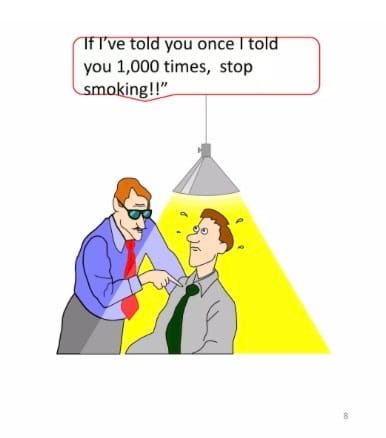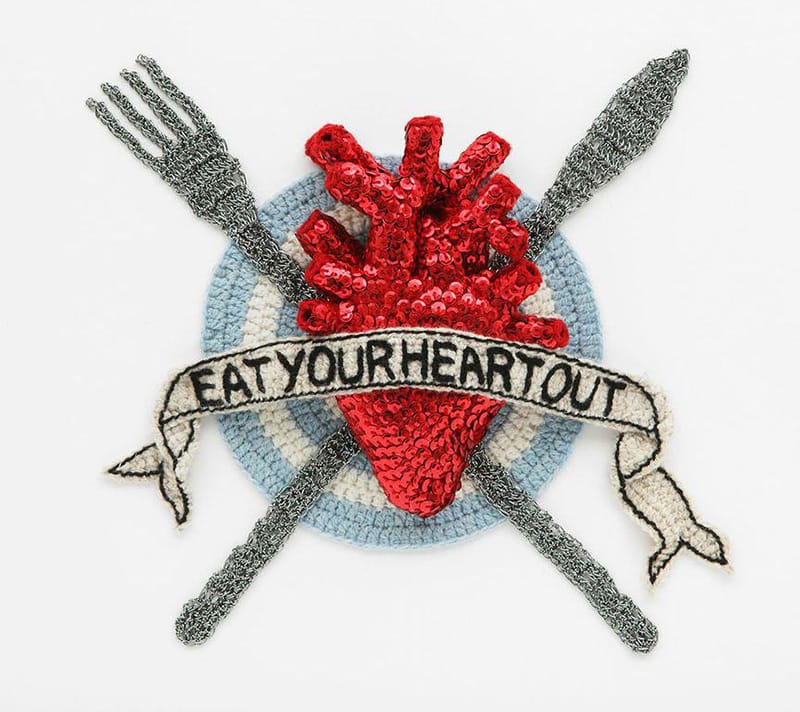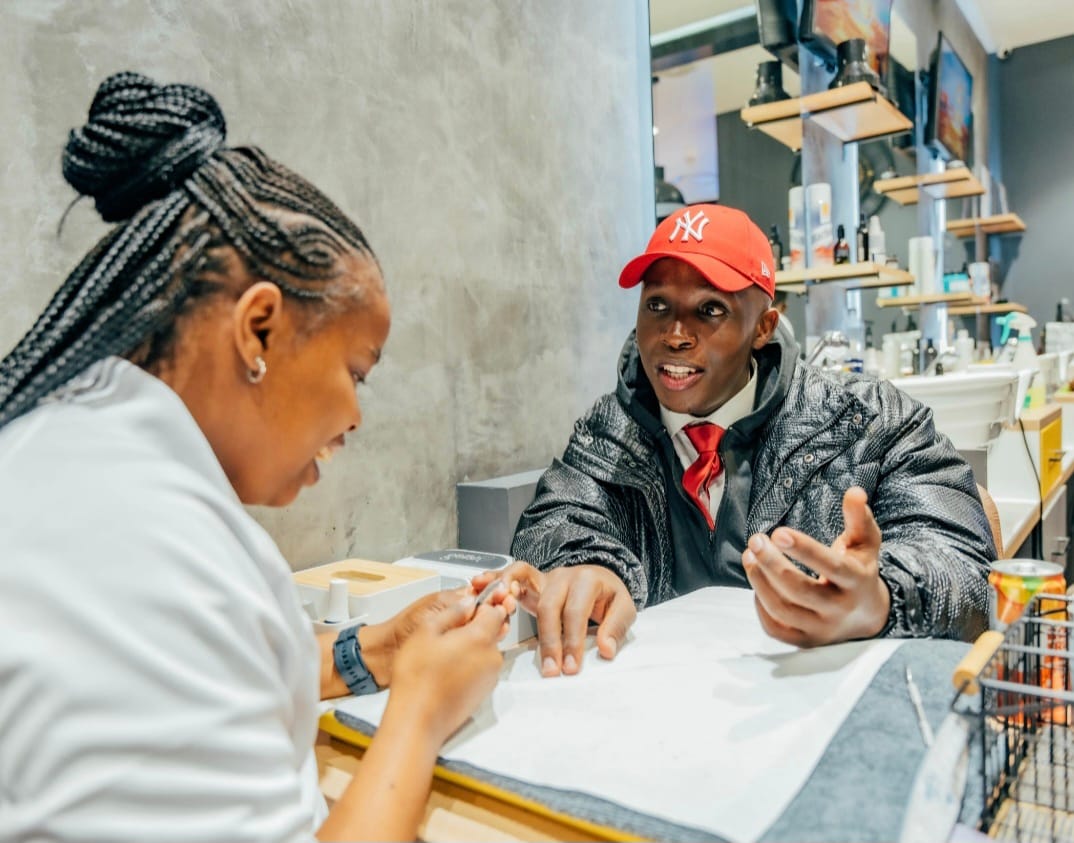A healthy doctor-patient relationship is central to health and its continuum thereof. When diagnosed with an illness, especially a difficult one, it is important to be seen and managed by a professional you trust and have established good rapport with. Nothing is as frustrating as having to deal with an illness, and over and above that, barriers to a complete therapeutic experience as a result of an unpleasant or rocky relationship with your doctor. Not having the assurance of feeling heard, lack of freedom and comfort to ask questions to gain understanding and working towards a shared goal for your health can be frustrating.
It takes more than being prescribed the correct medication or having a corrective surgical procedure to completely heal. Being seen, being treated with respect and dignity as a person, adds a layer of comfort and healing in the process.

When in a vulnerable position of ill-health, we tend to relinquish our choices and voice to the figure of ‘higher power’ and knowledge in those unique scenarios which should not be the case. There should be equal participation in the decision-making process. Coming to this point requires a dedicated clinician who will have the patience to collaborate with you. This can be as simple as breaking down complex disease or processes into palatable and digestible chunks of information. Or at least, have processes that allow for the patient to come to a full understanding of what is happening and what the way forward entails with their input.
How can this be achieved?
Nothing is as painful as encountering a patient who is duly complying with medication and prescribed statutes, but upon deeper introspection, has no idea what the diagnosis is or why they are taking the medication they are on. It brings me to my next point. A collaborative stance can never be established without your participation. Your participation can begin with clarifying what you do not understand or are uncomfortable with. It can come in the form of asking questions or making suggestions workable for you. Sometimes, roping in a family member or friend to help clarify and come to a meaningful understanding. Negotiating a therapeutic plan that has your voice and signature into it is important. It is your health after all, so shared decision-making is important to uphold. It is important to also allow for flexibility, remember that this is a collaboration, not a rigid order or a power struggle. The doctor is not a bully, and so is the patient. Both work towards a mutually beneficial health goal central to the patient.

We need to get to a point where a diagnosis is made, bloods are collected, x-rays taken or invasive procedures performed with full and satisfactory comprehension and rationale behind these tests on the side of the patient and treating clinician. This to avoid situations of blame- games that cast doubt over unanswered (unasked) questions, but an opportunity for conversations that pave the way to better collaborative efforts towards better care being made.
All patients have rights and responsibilities. These need to be balanced. Ask questions, make suggestions, reveal what you know—your voice must appear frequently within the pages of those doctor files. Your input is valued and that important. Being on the other side of the consultation desk should not leave you stripped of your contribution and feeling disempowered. If anything, it should provide you an opportunity for partnership. To get you in better shape and health, you must seize doctor consultations intentionally and consciously with no power struggles on either side. All the best!






No Comments